There is this bias in society that as long as you have more information things are automatically better because you have more knowledge. It’s a bias that goes all the way back to the Enlightenment.
Archive (Page 4 of 8)
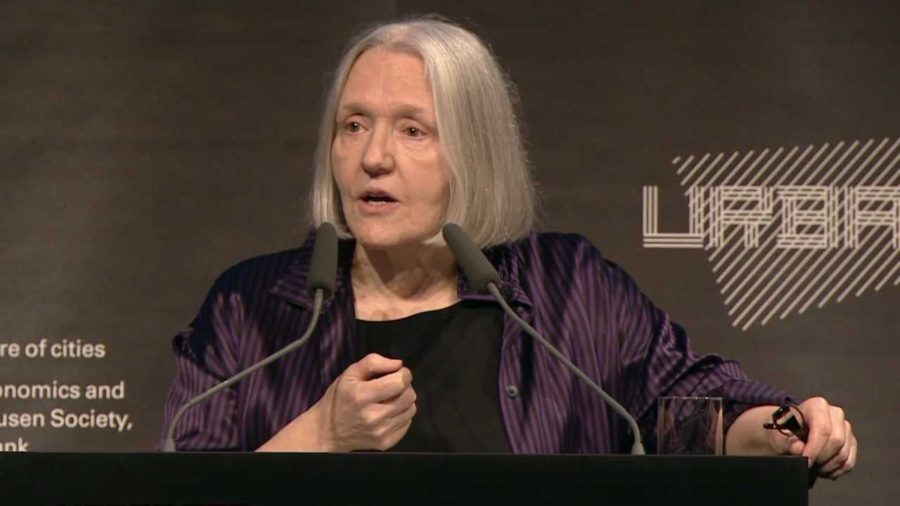
Cities have become sites, places, for massive deployments of increasingly complex and all-encompassing technical systems, some of them good, some of them dubious.
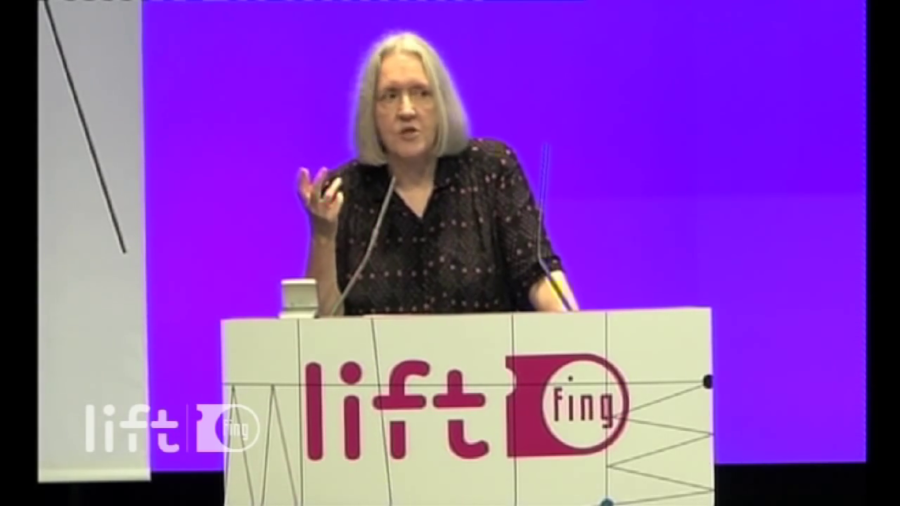
For me, the notion of urbanizing technology really is part of a larger sort of effort that I’ve been working on for a very long time. … [T]echnologies that enable interactive domains deliver, give, their technical capacities through ecologies that are more than just the technical capacity itself.
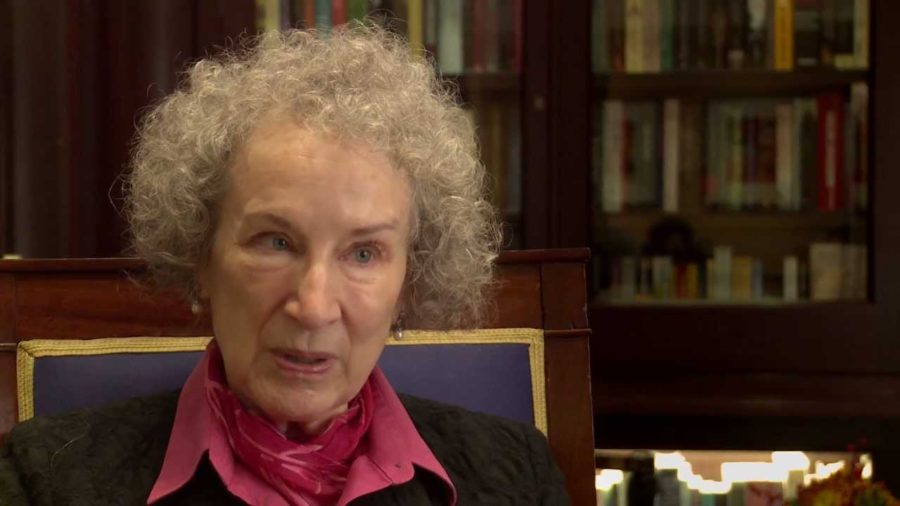
We have already changed the world a lot, not always for the better. Some of it’s for the better, as far as we human beings are concerned. But every time we invent a new technology, we like to play with that technology, and we don’t always foresee the consequences.
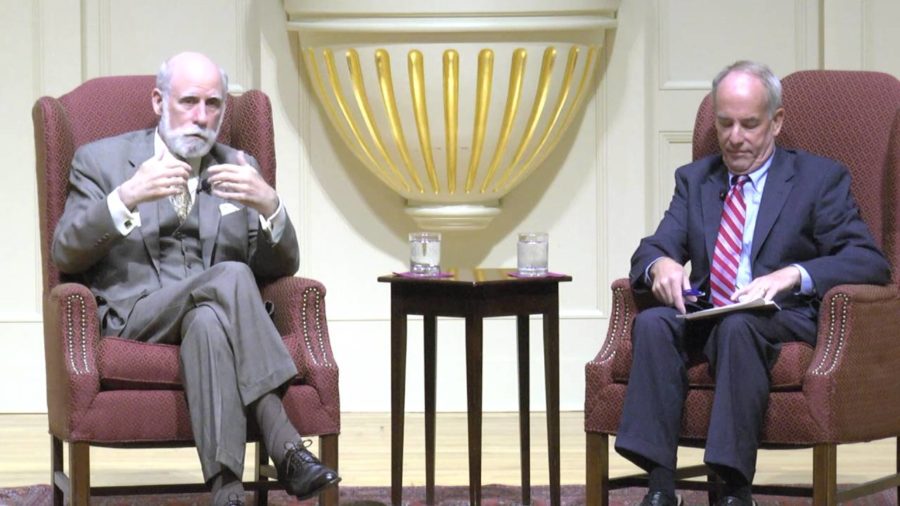
We’ve already been through several situations where new technologies come along. The Industrial Revolution removed a large number of jobs that had been done by hand, replaced them with machines. But the machines had to be built, the machines had to be operated, the machines had to be maintained. And the same is true in this online environment.
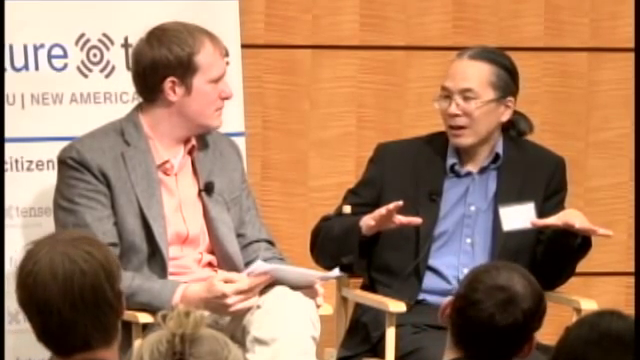
There’s already a kind of cognitive investment that we make, you know. At a certain point, you have years of your personal history living in somebody’s cloud. And that goes beyond merely being a memory bank, it’s also a cognitive bank in some way.
We’re continuing our series of installments, focusing on what makes new media new. Or put another way, how new are new media, really?
We’re going to talk at length about new media. And in our first few installments we’re going to begin by thinking for a bit about what makes a medium new.

